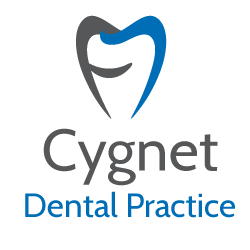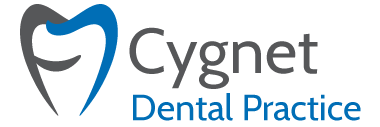User-Friendly Steps To Keep Teeth And Gums Healthier

Beyond your regular brushing routine, here are a few simple extra steps to improve your oral health.
From an early age, we are told and taught how to brush our teeth. This is still the bedrock of good oral health care and is the most essential thing that we can do to start to keep our teeth and gums healthy. There is always room for improvement on how we do this of course, and we will look at that shortly. With advances in dentistry ongoing, and with the rise of social media and influencers and celebrities, there is now also more emphasis on having an attractive smile. Some of this comes from cosmetic procedures of course, but without having healthy teeth, procedures like teeth whitening may be less effective; e.g. if a tooth is decayed, whitening will offer some benefits but can’t ‘magic’ it back to beauty and health.
With the above in mind, in today’s blog we’ll take a look at how our Wickford patients can add additional care for their teeth in simple yet effective ways.
‘Boost’ your toothbrush
Brushing your teeth twice a day is the most essential thing that you can do, but there are things you can change which will provide additional benefits. Not only should you make sure the toothbrush bristles are healthy and change them approximately every three months, but if you use an electric toothbrush, make sure that it is charged regularly. This will make it more effective. Make sure too, not to brush just the teeth but pay attention to the gums as well to help avoid gum disease. Also, spit but don’t rinse to allow the fluoride in the toothpaste to benefit your tooth enamel.
Practice with dental floss
Toothbrush bristles do the ‘leg work’ of removing plaque and food particles but they can’t always reach everywhere. One of the difficult places to reach is between the teeth and this is an area where tooth decay often starts. In order to clean these areas, dental floss is your best friend. We can almost hear the groans of people who say that they can’t do this. The reality though is that almost anyone can with a bit of practice. There are instructional videos available online and the hygienist at Cygnet Dental Wickford can also offer instruction on how to do this effectively too. Anyone with mobility issues who genuinely can’t do this should look at alternatives such as interdental sticks or water flossers.
Swill with water
Food becomes trapped as soon as we have eaten, and it may be some time before we brush our teeth. There is an easy way to start the cleaning process though and you can do this simply by swilling water vigorously around the mouth and swallowing or spitting it out, depending on the situation. This won’t remove everything and you will still need to brush and floss but it makes a good start and is very easy to do.
Eat cheese at the end of meals
Many of the foods that we eat are acidic, including healthy foods such as fruit. Acids are known to damage tooth enamel so it makes sense to reduce the acidity to prevent this. An easy way to do this is to finish your meal with a small piece of cheese. Cheese contains calcium and phosphates as well as stimulating saliva production. All of this will help to neutralise the acidity in your mouth and help protect your teeth.
Chew sugar free gum
Chewing gum helps to increase saliva flow and this is helpful in flushing away food debris and bacteria from the mouth. Many brands of chewing gum contain sugar though so do make sure to use a sugar free variety.
Stay hydrated
Drink plenty of water. Not only will this wash food debris and bacteria away but will help to stop your mouth becoming dry. A dry mouth is a well known factor in the onset of gum disease. By providing a warm and dry environment, bacteria can multiply more rapidly and start to affect your gums. If this happens regularly, gingivitis and periodontitis are likely to follow, sometimes with serious consequences such as bad breath and tooth loss.
Eat crunchy vegetables
Raw and crunchy vegetables are great natural teeth cleaners. Not only do they help to produce saliva but also work to clean your teeth as you chew. Again, this should not replace brushing your teeth but gives them a bit of a ‘head start’ before you do so.
Delay your brushing just a little….
This one might sound a little counterintuitive and you would probably expect your dentist to tell you to brush your teeth as soon as you have eaten in order to remove food particles as quickly as possible. While this might seem to make sense, the reality is that after we eat food, the enamel on our teeth becomes softer for a short while. This means that brushing them too soon on a regular basis is likely to cause damage to the enamel and may lead to you having sensitive teeth. It is best to wait a short while and allow the teeth to remineralise before brushing your teeth. Ideally, this should be done around half an hour to an hour after eating.
We hope that these simple but effective tips help our patients. None of these replace general good oral health care including a tooth friendly diet, effective cleaning of the teeth and the professional care that we offer at our Wickford dental clinic, but can certainly give a boost to your overall oral health.
For any advice on oral health issues or if you have a dental problem that you would like us to take a look at for you, please don’t hesitate to get in touch with us. You can do this by using the online form on our website or by calling the Cygnet Dental Practice on 01268 733078.
